
Everyone knows the basics of keeping their body healthy – regular exercise, healthy diet, enough sleep, and so on. Many of us also know that physical self-care often directly translates to mental self-care, with exercise in particular being an excellent mental health tool. But aside from these “obvious” acts of self-care, it can be difficult to know exactly how to take care of our mental well-being. Here are a few overlooked or lesser-known practices that anyone can try.
Improving Your Gut Health
If you’re experiencing high levels of stress more often than not, your gut should be the first area to look at. It’s not just the food you eat, but different areas of your lifestyle and antibiotics (if any) also affect your gut health and, therefore, could be making you feel worse. That’s because your gut contains trillions of tiny bacteria that function in different ways. Good levels of L. helveticus and B. longum, for example, enhance mood and relaxation. Other bacteria like Lactobacillus and Bifidobacterium contribute to your digestive and immune systems. Take some time to learn about some of the types of healthy bacteria your gut needs to improve your overall health. Then, make some changes to your diet and lifestyle that will benefit your gut.
Doing Nothing
Nowadays, we are always doing something. Any moment of boredom or inactivity can be taken up with a steady stream of content and information from our phones and laptops. This means our brains never actually get a break. Doing nothing for a few minutes, a few times a day, can help reset our minds, prevent burnout, and help us develop new ideas. Alternatively, you can try to wean yourself off the habit of looking at your phone every time you have nothing to do. Each time you catch yourself doing it, put the phone down and sit idly for a few minutes instead.
Tidying up
Most people don’t find the act of tidying itself particularly fun or relaxing, but few can argue with the results. Plenty of research shows that people are healthier, both physically and mentally, when their homes are clean and tidy. We may not always notice it, but being in a cluttered or dirty environment is inherently stressful. If you struggle to keep your house tidy, there are a few things you can try. First of all, have a big declutter session so there are fewer things to keep track of. Research organization hacks so you can optimize how you store things. Finally, learn to do a quick clean of the house for those days when you don’t have the time or patience for a deep clean – this plan by Better Homes & Gardens only takes an hour.
Saying “No”
It’s normal to want to be liked, which is why so many people struggle to say “no” to others, both in their personal and professional lives. This can be detrimental to your mental health, as you not only start to prioritize other people’s needs over your own, but you also become angry at yourself for failing to decline. Learning to say “no” helps you set healthy boundaries and develop a sense of confidence and self-worth.
Taking Care Of Your Teeth
The connection between depression and poor dental health goes both ways: Poor oral hygiene can be a contributing factor to depression, and depression can keep you from taking care of your teeth. Make a point to brush twice a day and floss every day to ensure optimal oral health. If you have been skipping out on your regular visits to the dentist, it’s time to stop.
Complementary Medicine
Prescription medication like antidepressants can be an invaluable tool in the fight against mental health disorders. However, that doesn’t mean there aren’t other forms of medicine that can be helpful. Certain branches of complementary and alternative medicine, such as acupuncture and chiropractic care, can be beneficial. This is especially the case for those suffering from chronic pain, as this can be closely linked to depression and anxiety. These days, more private insurance companies are offering coverage for holistic treatments like acupuncture, so be sure to review your plan — it could save you some money!
Good self-care for mental health is its own holistic process. It’s not about “treats” and indulgences you allow yourself once in a while, and it isn’t about any one specific habit. Instead, you need to learn to build a routine that feels balanced and supportive. This involves keeping your body healthy, giving yourself enough downtime, and fostering a peaceful home environment.
Brad Krause
brad@selfcaring.info





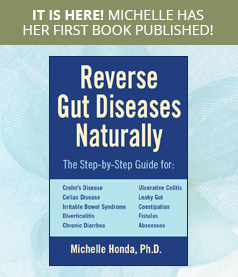

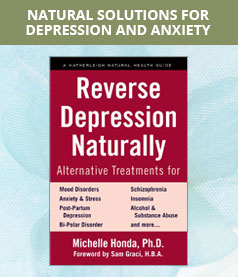
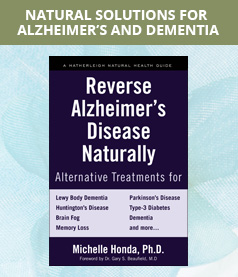
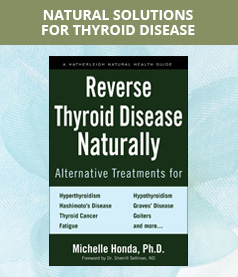

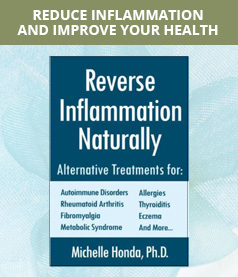
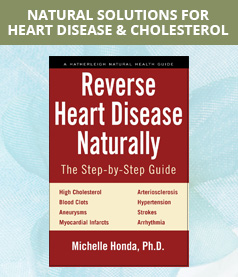
Follow Us!